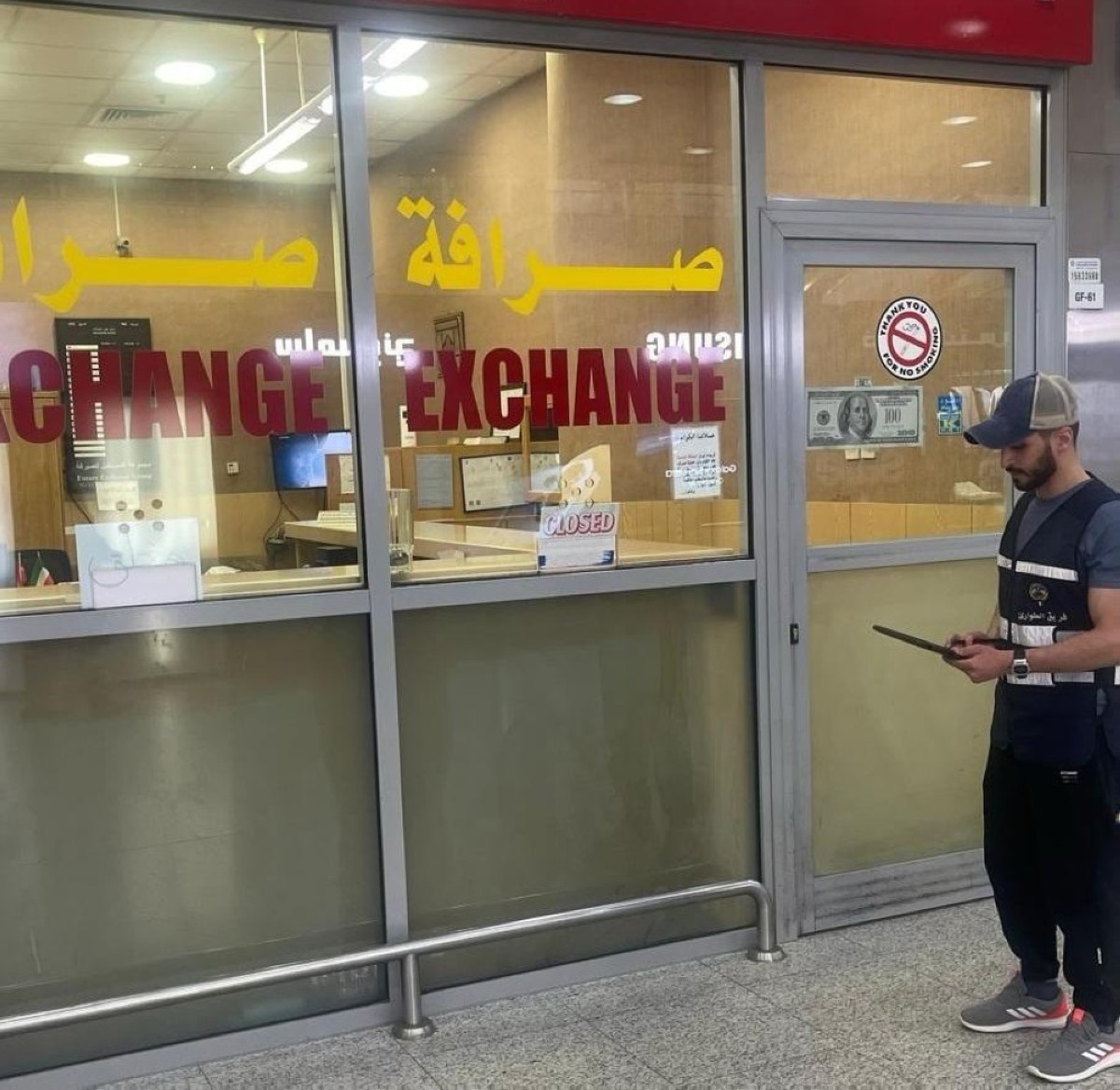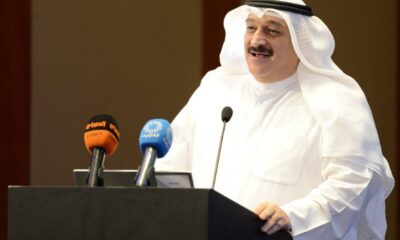SULZBACH-ROSENBERG, Germany: In a landmark achievement for Kuwait’s knowledge economy, Kuwait technical college (ktech) has signed a strategic partnership with Germany’s Fraunhofer Institute UMSICHT, Europe’s leader in applied environmental, safety and energy research, to launch the institute’s first and only academy in the Middle East.
The strategic and exclusive partnership with one of the world’s leading applied research institutes aligns with the directive of His Highness the Amir of the State of Kuwait, Sheikh Meshal Al-Ahmad Al-Jaber Al-Sabah, to attract prestigious international institutions to the country. It reflects Kuwait’s national vision to establish itself as a regional hub for innovation, creativity and knowledge. Moreover, the partnership represents a meaningful step toward strengthening Kuwaiti-German relations, following the recent official visit of His Highness the Prime Minister Sheikh Ahmad Al-Abdullah Al-Ahmad Al-Sabah, to the Federal Republic of Germany.
The signing ceremony, held at Fraunhofer UMSICHT’s Sulzbach-Rosenberg headquarters, in the presence of ktech’s top management, including Meshari Ayman Boodai, Chairman, Board of Trustees; Noura Ayman Boodai, Vice President for Student Affairs and Registration; Abdulrahman Abdulqader Al-Ajeel, Vice President for Finance and Administration; Abdulwahab Ayman Boodai, Assistant Vice President for Student Affairs and Registration; and Nourah Amer Al-Oseimi, Assistant Vice President for Finance and Administration. Also, in attendance was Adel A Al-Ghenaiman, Consul General of the State of Kuwait in Frankfurt, representing the Ministry of Foreign Affairs.
This exclusive partnership marked a major milestone in ktech’s mission to bridge academic excellence with industrial relevance. This initiative will serve as a regional innovation and training hub for the entire MENA region, directly aligning with Kuwait’s Vision 2035 and its goals for sustainability, economic diversification and human capital development.
Meshari Ayman Boodai, Chairman of ktech’s Board of Trustees, shakes hands with Fraunhofer UMSICHT Director Matthias Franke.
This transformational partnership brings to Kuwait the full weight of Fraunhofer UMSICHT’s technical infrastructure, which includes: Over 30,000 employees across Germany and the world; 76 institutes and research facilities; €3 billion operating budget; and cutting-edge research in green hydrogen, circular economy, carbon management local energy systems, cyber security, robotics engineering and waste recycling. These capabilities will now be embedded in Kuwait through ktech’s infrastructure, ensuring localized delivery of global expertise.
Commenting on the announcement, Meshari Ayman Boodai, Chairman of the Board of Trustees at ktech, stated: “This partnership reaffirms Kuwait technical college’s position as Kuwait’s leading driver of applied learning, professional education, local research support and sustainability-focused innovation. Hosting the institute’s only academy in the Middle East and one of seven worldwide, is a reflection of our vision to build an educated, technically skilled workforce capable of solving Kuwait’s, and the region’s, most pressing challenges.”
The Fraunhofer Institute’s presence in Kuwait will offer training programs and professional education co-designed by Fraunhofer researchers and delivered in collaboration with ktech’s academic and technical experts through the ktech Institute for Private Training. These programs will span key disciplines and offer multiple tracks for industry professionals, government officials, undergraduate and postgraduate students and academic researchers.
Adel A Al Ghenaiman, Consul General of the State of Kuwait in Frankfurt, praised the initiative: “Kuwait’s diplomatic missions abroad remain fully committed to supporting initiatives that serve our country’s interests and help develop education and knowledge exchange. We wish everyone continued success.”
Fraunhofer UMSICHT Director Matthias Franke added: “We are proud to begin this partnership with Kuwait technical college. This memorandum of understanding marks the start of a fruitful collaboration in applied research and development, focusing on areas such as the circular economy, clean hydrogen and sustainable local energy systems for industry.”


















